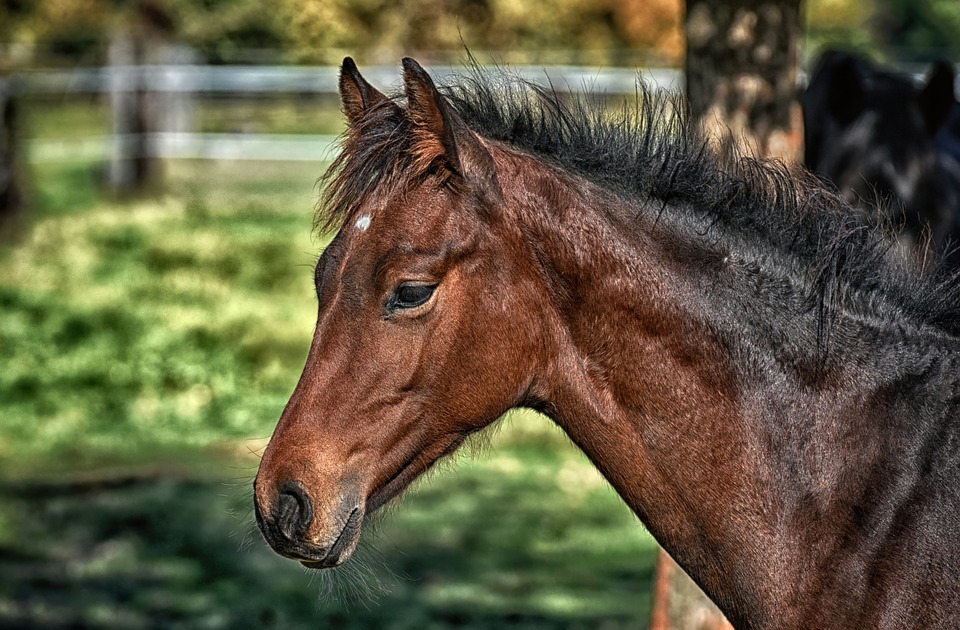Buying a horse is a long-awaited dream for many of us. When you’re there to make your dream come true, there are some basic as well as important rules which need to be followed strictly otherwise it may turn into a nightmare. Slow and steady as well as careful moves let you win in this road of purchasing a horse.
Choosing an unsuitable horse will make your ownership experience full of frustration and many give up on horses altogether. Keep your eyes wide open, take your time, and don’t rush out for buying the first horse you see. There are things you shouldn’t do. This article will help you to look for characteristics that you want to find in your horse. Buying your horse should be a huge experience!
To understand these breeds, we have to first talk about the categories used to identify horses, with them being 5 main categories. Each category fulfills a specific role, for example, but certainly might be part of multiple categories at the same time, whereas others solely enter one category. Also, learn more about the evolution and identify horses.
What Type of Horse Should You Give A Thought for Buying?
Personal safety should be a priority when buying a horse. You should first ensure the manner of the horse rather than its beauty. You do not want to admire it from the hospital bed. The horse should be well trained with good manners, quiet nature, and a steady temperament. If that is not the case, ownership of that horse won’t be fun, moreover it can result in an unfortunate accident.
1. Temperament Over Look: The adage “beauty is as beauty does” is most accurate in the horse world than anywhere. While taking decisions in horse buying, the single most important factor should be temperament. If this is your first horse then you want your horse to be kind, gentle, quiet, and calm and shouldn’t kick or bite. A novice will not have the capacity to control a spirited horse.
Even if your horse turns out to be nervous, you can buy horse calmer which helps your horse to fix the issues!
2. Size Is Synchronized with Your Flexibility: There is no perfect size for horses regarding height, width, or length. The horse you feel comfortable with is the perfect horse for you. As long as you’re able to mount and dismount without having any problem, feet are not hanging much below the horse’s barrel while the rider is mounted, size doesn’t affect that much.
3. Breed Preference: Horses have different breeds having particular characters as we have seen in dogs. There are some breeds like Quarter Horses which are generally quieter in nature and more docile. Many kinds of draft horses and Paints also fall in this category.
While Arabian breeds and Thoroughbreds are more spirited than the others, you will find there are spirited as well as quiet and docile horses in every breed depending upon how well they are trained. Take help from an expert instructor for choosing the right horse and breed for you.
4. What Should Be The Age of Your Horse: If children are going to ride the horse, you can follow the old saying that the rider and the horse should have an age that sums up to 20 years. This calculation may not be fully accurate, but it isn’t far off either! The same formula can be applied for the adults too, but here you’ll have to substitute the age of the horse with years of experience.
No one will recommend a young horse for a first-time horse owner as they tend to be inexperienced and not usually quiet. Don’t eliminate the older horses from your searching list as a horse can live more than thirty years by taking good care. Take a veterinarian along with you who can examine the horse and advise whether it possesses a healthy and sound long-term prospect or not. If the horse is 15 years old and has an active and sound life, that means it can serve you for many good years.
5. What matters more: Age or Experience?: Age doesn’t always reflect the experience and training it has gone through. So, it cannot be considered a reliable factor. It depends on what you want to do with that horse. You want it to have the experience and training for that particular purpose. It’s better to choose a horse that is currently performing that function.
If you are buying a horse for trail riding, you’ll want to have a trail horse with long experience.
6. Gelding vs Mare: You have noticed that till now we haven’t mentioned stallion, the reason being stallon are not suitable for a horse owner who is having a horse for the very first time. Geldings are more preferred by many owners as they are less moody and more reliable, though mares also tend to be quiet on many occasions.
7. Is Color so important?: The answer is, no. An expert saying is that “Good horses don’t have bad color,” and in most cases, it is true with very few exceptions. You’ll fall in love with it ultimately when you bring it home whatever the color is. Experience and temperament always come before beauty.
Be Sure About Your Need
You need to be very focused even before you start searching. Be sure what kind of horse you want: quieter or spirited. Though all these depend on what you want to achieve with your horse.
Take Help From A Knowledgeable Instructor
It doesn’t matter how much knowledge you’ve gathered in this field, experience always has the upper hand. You’re going to miss many things, which cannot be checked only by looking. It can only be gained by being there many times.
Identification Has to be Checked
There are many cases where the animal profile in the papers doesn’t match with the animal in front of your eyes. Carefully check the papers and silhouette with the horse. You also need to check the microchips to find out whether it had the vet checks. Get the horse vetted.
Check The Horse’s History
Never take the vendor’s statement as gospel. Try to search all the records of previous veterinary checks and what were the associated reasons behind those, what are the problems it has faced in the past and currently facing. You’ll find many dishonest dealers out there.
More Importantly, Consider The Cost And Commitment From Your Side
Buying a horse is the easiest and cheapest part. The hardest thing is to maintain it. You have to pay for shoeing, feed, livery, vets, and track every month. When all these things add up, it’s not a small amount to pay from your pocket. Are you able to afford this commitment and time?
Don’t be astonished if your horse’s vet costs more than your own health care cost! Moreover, this pony or horse may be with you for up to twenty to thirty years. Can you afford it for that long? It’s a better option to ride at a riding school nearby or take it on a loan for that time and period you can afford. It is better this way for many people.
Now you can decide and start the search for your cherished horse!

